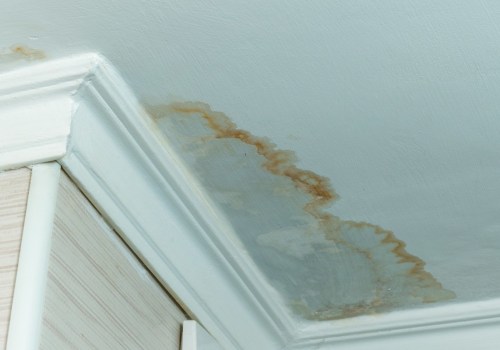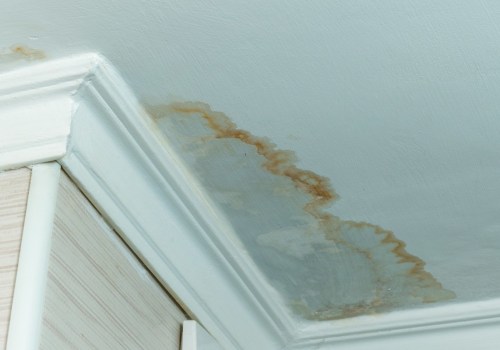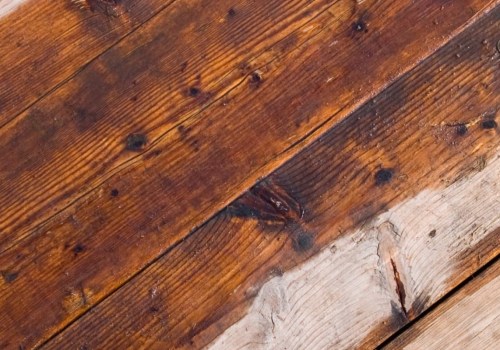Mitigation is the process of taking reasonable steps to avoid additional losses after an event. As a homeowner, it's important to understand the meaning of mitigation as it relates to your insurance policy, your responsibilities in the process, and what happens if you don't meet your duty to mitigate. When it comes to property damage, the severity of the damage will largely reflect the amount of restoration that needs to be done. After mitigation has occurred, restoration of the damage begins.
This is the process of restoring the structure so that it can return to its pre-loss condition. If you're a homeowner, your next call should be to your insurance company. Depending on your coverage, they may be able to arrange a place for you to stay while professionals take care of the water damage. They may also cover any costs associated with this.
In cases where a conviction occurs, mitigation can still influence the sentence. A knowledgeable attorney can discuss how mitigation will affect a client's decision to plead guilty or risk going to trial. This is especially important in cases where the penalty can mean decades to life imprisonment. After your home or personal property has been damaged, both mitigation and restoration companies can help you recover.
A mitigation company works to prevent further damage while a restoration company provides additional services.









